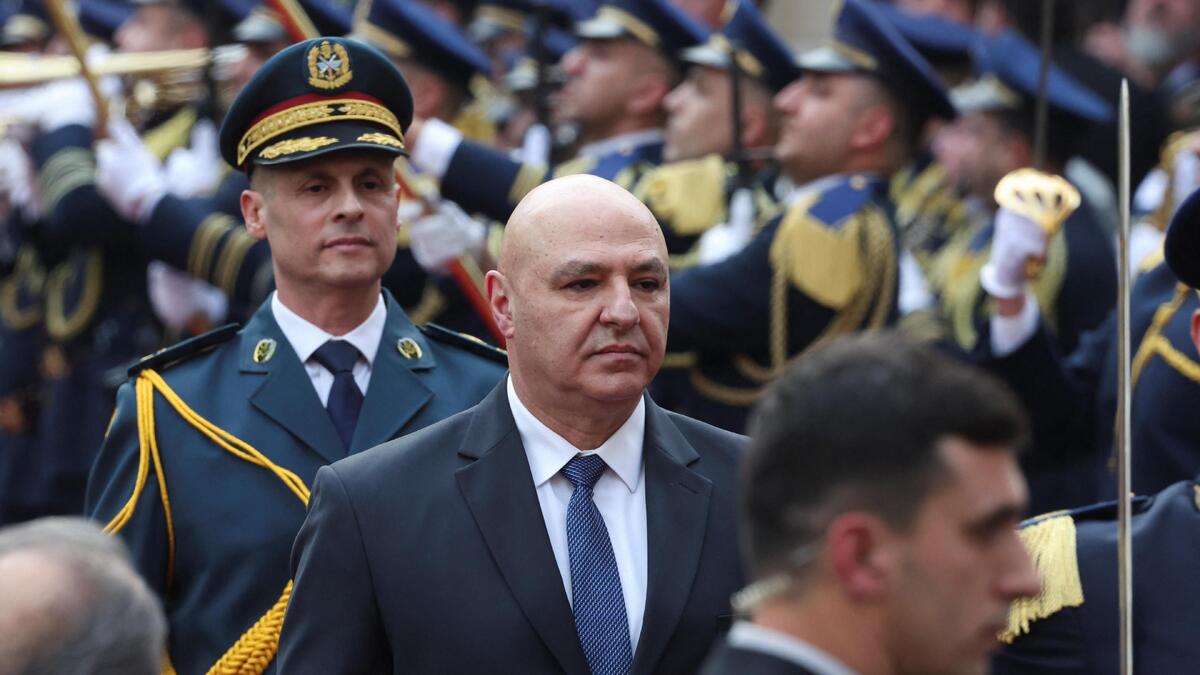Hezbollah's determination and sacrifice

The Lebanese parliament has finally elected Joseph Aoun, the army chief, as the country's new president. Lebanon has been without a president since the end of the term of Michel Aoun, who is no relation to Joseph Aoun, in October 2022. The speaker of the Lebanese parliament, Nabih Berri, adjourned the session on Thursday for two hours for further consultations after Joseph Aoun failed to secure a two-thirds majority in the first round of voting. However, he eventually managed to secure 99 votes out of 128 in the parliament in the second round.
It is important to note that the composition of Joseph Aoun's votes reflects the support of a significant part of the resistance movements for him in the second round of voting. This is while Samir Geagea, the leader of the Lebanese Phalanges, maintained his opposition to the presidency of the Lebanese army chief until the last moment and emphasized to his supporters in the country's parliament not to circulate their votes in favor of Joseph Aoun under any circumstances.
The withdrawal of Suleiman Franjieh (the resistance groups' candidate for the presidency) in favor of Joseph Aoun shows, on the one hand, that contrary to what the enemies of the resistance in Lebanon have been insinuating for years, the main goal of Hezbollah, Amal, and other groups defined within the March 8 movement is to get Beirut out of the political crisis and stabilize the internal situation in Lebanon.
Even in this path, the resistance groups have been willing to support a person who certainly does not agree with some of his positions and relationships. It is clear that there are differences between the resistance groups and Joseph Aoun in Lebanon, but not to the extent that they prevent these groups from ultimately accompanying him on the path to realizing his presidency in Lebanon.
The position of president in Lebanon, based on the sectarian power-sharing system, has always been reserved for a Maronite Christian and has been vacant for the past two years due to the deadlock between the pro- and anti-Hezbollah blocs. The Lebanese parliament, with 128 members, has so far failed to reach an agreement to elect a president more than a dozen times.
Samir Geagea, the leader of the Lebanese Phalanges, played the main role in creating the political crisis in Beirut. It is important to note that the session of the Lebanese Parliament on Thursday was attended by Jean-Yves Le Drian, the French presidential envoy, Yazid bin Farhan, the representative of Saudi Arabia, ambassadors of the five-member committee and a number of diplomats.
Analysts had previously considered Joseph Aoun, the army commander, to have the best chance of taking over the position after the Hezbollah-backed candidate withdrew and announced his support. Ghassan Hasbani, the former deputy prime minister and representative of the Lebanese Christian Forces party, which holds the largest number of seats in parliament, had also said that his party supported Joseph Aoun.
Hezbollah, as a symbol of resistance against the Zionist enemy, is supported by many Lebanese citizens, and the special efforts of Mossad figures such as Samir Geagea to disarm this movement have failed.
In such circumstances, strategic rationality and governance logic require Joseph Aoun not only to welcome the preservation of the weapons of resistance in Lebanon, but also to block the path of the excessive demands of the Western and regional intervening parties regarding the removal of examples of hard power from Beirut.
More importantly, Joseph Aoun should not succumb to the dangerous and false insinuations that some senior members of the March 14 Movement (opposed to the resistance) are making to him in the process of military-security governance in Lebanon, because the lives of some Lebanese politicians opposed to the resistance are guaranteed only in the shadow of chaos and internal crisis in Beirut. Therefore, Joseph Aoun must understand the true intentions of such people, given the position he has recently found himself in.